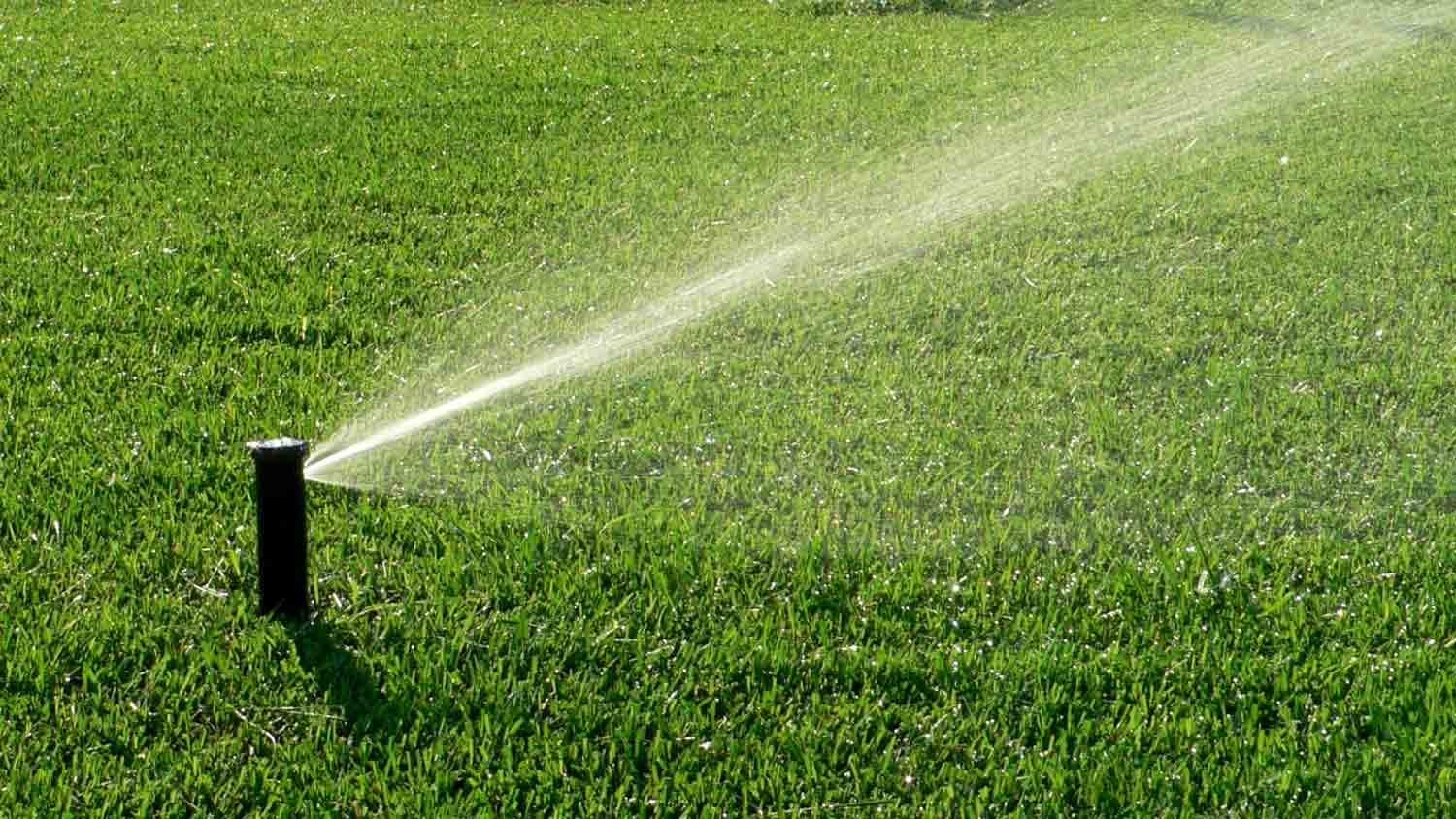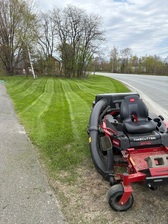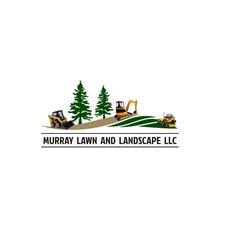
Get matched with top lawn irrigation specialists in Orono, ME
Enter your ZIP and get matched with up to 5 pros
Need a pro for your lawn irrigation project in Orono, ME?
Verified Reviews for Lawn Irrigation pros in Orono, ME
*The Angi rating for Lawn Irrigation companies in Orono, ME is a rating based on verified reviews from our community of homeowners who have used these pros to meet their Lawn Irrigation needs.
*The HomeAdvisor rating for Lawn Irrigation companies in Orono, ME is a rating based on verified reviews from our community of homeowners who have used these pros to meet their Lawn Irrigation needs.
Last update on December 08, 2025
Find Lawn irrigation specialists in Orono
FARLEY & SON LANDSCAPING, INC.
FARLEY & SON LANDSCAPING, INC.
FAMILY OWNED & OPERATED. ADDITIONAL EMAIL: [email protected].
FAMILY OWNED & OPERATED. ADDITIONAL EMAIL: [email protected].
Lockharts Lawncare and Critter Removal
Lockharts Lawncare and Critter Removal
Lockharts lawncare and critter removal is by far maines most affordable and dependable landscaping and nuissance animal removal company.
Lockharts lawncare and critter removal is by far maines most affordable and dependable landscaping and nuissance animal removal company.
THE HORTICULTURAL INTUITIVE
THE HORTICULTURAL INTUITIVE
THE HORTICULTURAL INTUITIVE IS A FAMILY OWNED LANDSCAPING COMPANY LOCATED IN COASTAL MAINE.
THE HORTICULTURAL INTUITIVE IS A FAMILY OWNED LANDSCAPING COMPANY LOCATED IN COASTAL MAINE.
Fleming Construction, Inc
Fleming Construction, Inc
Fleming Construction, Inc has been in business for 33 years, giving the highest quality service in the Eastern Maine area. Safety is our #1 priority, and we are fully insured. We are a small, family owned and operated business. DEP certified and State certified for septic systems and environmental protection. Free estimates. We also sub-contract with reputable companies in the area.
Fleming Construction, Inc has been in business for 33 years, giving the highest quality service in the Eastern Maine area. Safety is our #1 priority, and we are fully insured. We are a small, family owned and operated business. DEP certified and State certified for septic systems and environmental protection. Free estimates. We also sub-contract with reputable companies in the area.
DePaola Landscaping Services
DePaola Landscaping Services
DePaola landscaping is a small company with plenty of knowledge and experience in what we do. Billing and payment can be discussed and negotiated before any work takes place.
DePaola landscaping is a small company with plenty of knowledge and experience in what we do. Billing and payment can be discussed and negotiated before any work takes place.
Pine State Property Services
Pine State Property Services
Free estimates. We also offer discounts for seniors, veterans and active military members.
Free estimates. We also offer discounts for seniors, veterans and active military members.

ADEN OUTDOOR SERVICES
ADEN OUTDOOR SERVICES
Aden outdoor services does raking, drive way clean up, weed wacking, cleaning yard, shoveling. Call if interested.
Aden outdoor services does raking, drive way clean up, weed wacking, cleaning yard, shoveling. Call if interested.
The Orono, ME homeowners’ guide to lawn irrigation services
From average costs to expert advice, get all the answers you need to get your job done.

Discover drip irrigation system cost estimates, key price factors, and ways to save. Get transparent pricing to plan your home irrigation project confidently.
 •
•Find out the average sprinkler system repair cost, what impacts pricing, and how to save. Get transparent estimates to plan your sprinkler repair project.
 •
•Discover the cost to winterize a sprinkler system, including average prices, key cost factors, and tips to save. Learn what impacts your estimate and how to budget.

Wondering how to find irrigation valves on your property? Locating them can be challenging. Learn how to tackle this project with our guide.

How long to water your grass depends on the type of grass, the season, where you live, and more. Learn when to stop watering grass with this guide.

Need a pro to install a sprinkler system? Irrigation specialists can install sprinkler systems along your entire property, as well as some landscapers.
- Old Town, ME Lawn irrigation specialists
- Bradley, ME Lawn irrigation specialists
- Milford, ME Lawn irrigation specialists
- Bangor, ME Lawn irrigation specialists
- Glenburn, ME Lawn irrigation specialists
- Hermon, ME Lawn irrigation specialists
- Veazie, ME Lawn irrigation specialists
- Brewer, ME Lawn irrigation specialists
- Eddington, ME Lawn irrigation specialists
- Holden, ME Lawn irrigation specialists
- Dedham, ME Lawn irrigation specialists
- Kenduskeag, ME Lawn irrigation specialists
- Levant, ME Lawn irrigation specialists
- Greenbush, ME Lawn irrigation specialists
- Orrington, ME Lawn irrigation specialists
- Hudson, ME Lawn irrigation specialists
- Otis, ME Lawn irrigation specialists
- Lamoine, ME Lawn irrigation specialists
- Trenton, ME Lawn irrigation specialists
- Ellsworth, ME Lawn irrigation specialists
- Hampden, ME Lawn irrigation specialists
- Newburgh, ME Lawn irrigation specialists
- Carmel, ME Lawn irrigation specialists
- Corinth, ME Lawn irrigation specialists
- Bradford, ME Lawn irrigation specialists
- Winterport, ME Lawn irrigation specialists
- Stetson, ME Lawn irrigation specialists
- Exeter, ME Lawn irrigation specialists
- Clinton, ME Lawn irrigation specialists
- Bucksport, ME Lawn irrigation specialists
- Cleaning in Orono
- Kitchen And Bath Remodeling in Orono
- Roofing in Orono
- Tree Service in Orono
- Siding in Orono
- Deck Maintenance in Orono
- Garbage Collection in Orono
- Dumpster Rental in Orono
- Electrical in Orono
- Lawn And Yard Work in Orono
- Fencing in Orono
- Computer Repair in Orono
- Stone And Gravel in Orono
- Leaf Removal in Orono
- Garage Builders in Orono
- Contractor in Orono
- Locksmiths in Orono
- Swimming Pools in Orono
- Mold Testing And Remediation in Orono
- Mailbox Repair in Orono
- Concrete Repair in Orono
- Foundation Repair in Orono
- Moving in Orono
- Hardwood Flooring in Orono
- Excavating in Orono
- Flooring in Orono
- Windows in Orono
- Countertops in Orono
- Pest Control in Orono
- Cabinet Makers in Orono
- 🌱 "Mow a small front yard"
- 🛠 "Fix a leaking pipe under the sink"
- 🏠 "Repair shingles on an asphalt roof"






